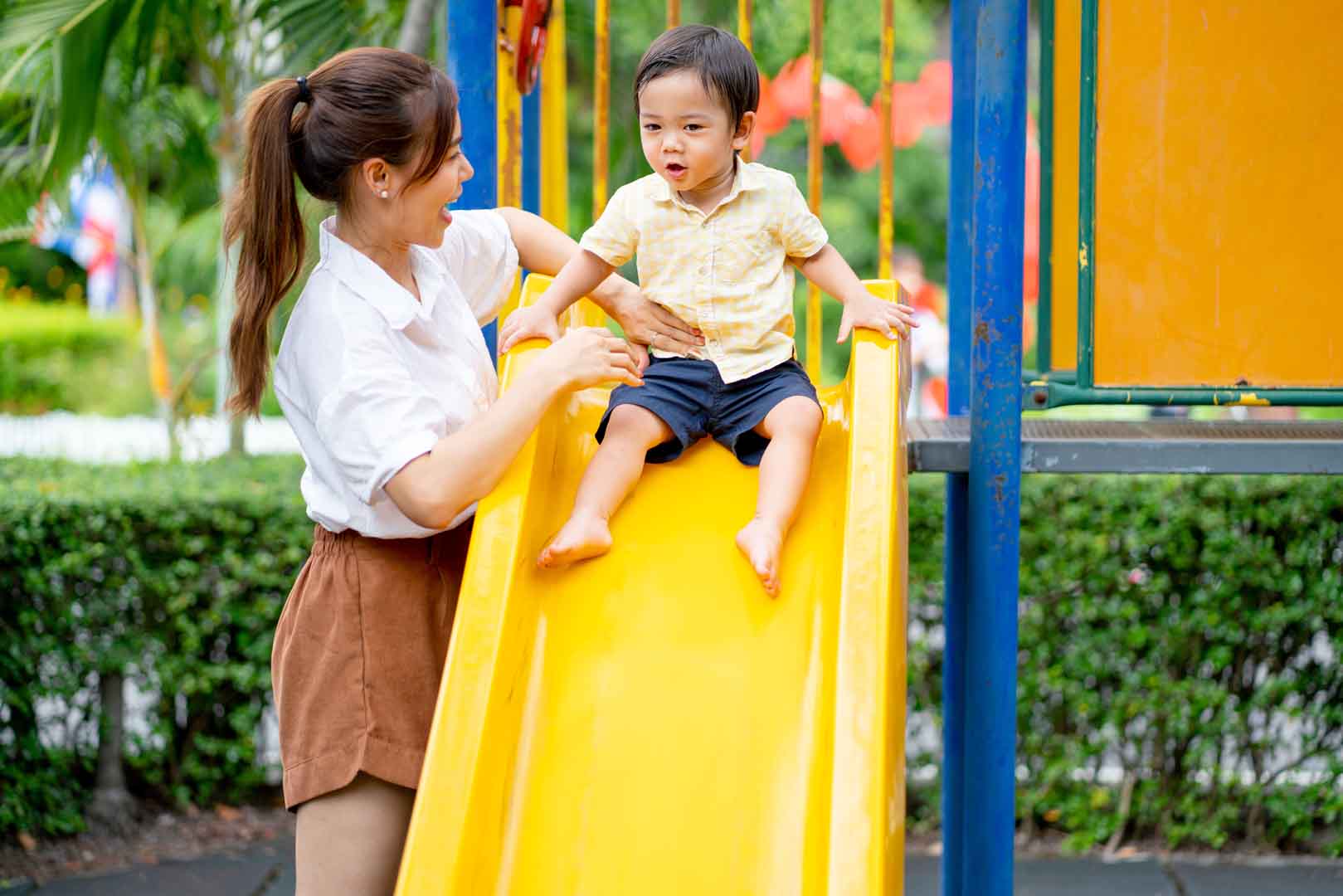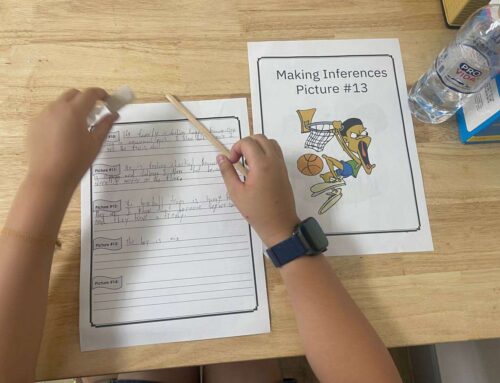Confidence is not just a personality trait—it’s a life skill. For children, especially those in their early developmental years, confidence lays the foundation for learning, social interaction, and emotional resilience. Parents in Phnom Penh often ask, “How can I help my child feel more confident?” The answer lies in daily interactions and targeted activities that nurture self-belief.
Whether your child is shy, struggling socially, or just needs a little boost, the right activities can help them discover their strengths. At OrbRom Center, we incorporate confidence-building into our daily therapeutic and educational programs, with proven success.
Why Confidence Matters
A confident child is more likely to:
-
Try new things without fear of failure
-
Speak up and communicate needs
-
Build strong friendships
-
Show resilience in the face of challenges
Low confidence, on the other hand, can affect academic performance, social skills, and emotional health. The good news is—confidence can be taught and nurtured.
1. Role-Playing Scenarios
Role-playing allows children to practice social situations in a safe, guided environment. Whether it’s pretending to order food at a restaurant or being a teacher in class, this activity builds:
-
Verbal skills
-
Decision-making
-
Assertiveness
At OrbRom Center, our therapists use imaginative role-play to help children on the autism spectrum or with communication delays feel more prepared and confident in real-life interactions.
2. Praise Effort, Not Just Results
One of the simplest yet most powerful ways to build confidence is to praise effort. When a child feels recognized for trying, rather than only succeeding, they become more willing to take risks and explore.
Examples:
-
“I love how hard you worked on this puzzle!”
-
“You didn’t give up even when it was tricky—great job!”
This is something parents can integrate at home, and we emphasize it during therapy sessions at our Phnom Penh center.
3. Arts and Crafts for Self-Expression
Creative activities allow children to express themselves freely, without fear of being right or wrong. Painting, drawing, or building with blocks enhances:
-
Decision-making
-
Pride in accomplishments
-
Emotional regulation
At OrbRom’s special needs programs, arts and crafts are more than just fun—they’re therapeutic. We’ve seen non-verbal children glow with pride when they complete a project and receive genuine praise.
4. Structured Chores or Responsibilities
Giving children age-appropriate responsibilities teaches them they are capable and trusted. Start small:
-
Feeding a pet
-
Watering plants
-
Putting away their own clothes
These everyday achievements give a powerful message: “I can do it.” In our intensive intervention sessions, we integrate real-life tasks to teach both life skills and self-confidence.
5. Social Play with Peers
Confidence grows when children successfully navigate friendships. At OrbRom, our group sessions promote cooperative play where kids:
-
Take turns
-
Solve problems
-
Support one another
For children with social anxiety or delays, we ease them into these interactions gradually and positively.
6. Setting and Celebrating Small Goals
Breaking goals into small, achievable steps builds momentum. Whether it’s learning a new word, jumping further in physical play, or trying a new food, we celebrate every win.
Parents can use sticker charts, “star of the day” recognitions, or simple verbal affirmations. At OrbRom, we track progress through individualized learning plans, helping children (and parents) see their growth.
7. Movement and Physical Activities
Confidence doesn’t only come from the brain—it’s also in the body. Gross motor activities like obstacle courses, balance games, or climbing build coordination and confidence.
Our Phnom Penh-based occupational therapy sessions include sensory-rich movement activities that support motor skills while encouraging a “can-do” attitude. Learn more about our approach to occupational therapy.
8. Mirror Talk and Positive Affirmations
Teaching children to say kind things about themselves out loud helps internalize self-worth. Try these:
-
“I am strong.”
-
“I can try again.”
-
“I like who I am.”
In our sessions, we often use visuals and gesture support for nonverbal or emerging speakers to participate in affirmations.
Final Thoughts: Nurturing Confidence, One Step at a Time
Confidence is not built overnight—but with the right activities and support, children can bloom into self-assured individuals. In Phnom Penh, many families are seeing how small changes lead to big results.
At OrbRom Center, we specialize in helping children develop not only their cognitive and communication skills but their inner confidence as well. Whether through individualized therapy, group activities, or family guidance, we’re here to support every child’s journey.
We are the only Preschool specialized on children with special needs in PhnomPenh.
- Internationally qualified teachers
- Cambodia’s largest sensory room
- Outdoor swimming pool
- Covered outdoor playground
📞 Phone: 077.455.993
Telegram Link: https://t.me/OrbRom





